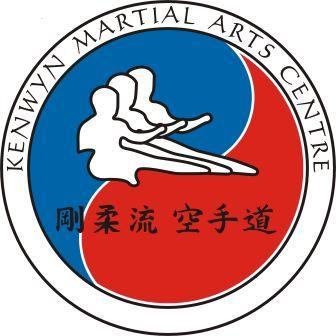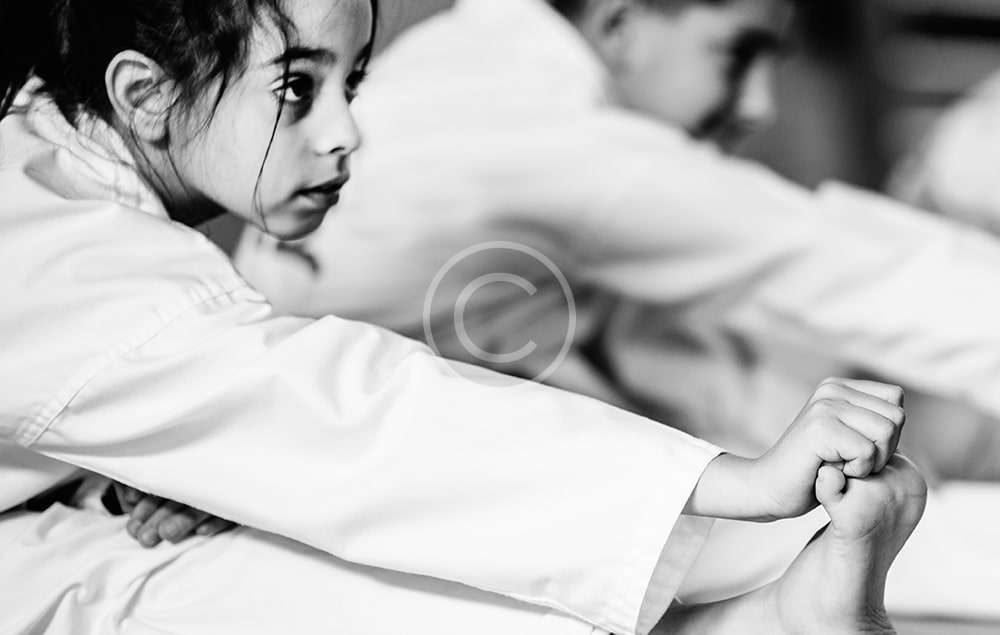Learning more in Karate is incredibly beneficial, not just for improving martial arts skills, but for enhancing various aspects of your life. Here’s why you should continue to deepen your knowledge and practice in Karate:
1. Mastery of Techniques
- Improved Skills: The more you learn, the better you become at executing techniques with precision and power. Mastering different moves, stances, and forms (katas) leads to greater effectiveness, whether for self-defense, sport, or personal fitness.
- Adaptation to Various Situations: As you progress, you learn more advanced techniques that allow you to adapt to different fighting scenarios, whether in sparring or real-life situations. The deeper your understanding, the more versatile your skillset becomes.
2. Personal Growth and Self-Discipline
- Character Development: Karate is not just about physical techniques; it’s about developing mental and emotional strength. As you learn more, you cultivate qualities like discipline, perseverance, humility, and patience.
- Goal Setting: The journey in Karate requires consistent effort, with students working towards higher belts and more advanced skills. This process teaches you how to set, work towards, and achieve long-term goals.
- Resilience: The challenges you face in Karate training—whether through difficult techniques, sparring, or mastering a new kata—help you build mental resilience. You learn to face setbacks, adapt, and keep moving forward.
3. Health and Fitness Benefits
- Cardiovascular Health: The physical demands of Karate keep your heart healthy, improving cardiovascular endurance as you increase the intensity of your training.
- Strength and Flexibility: Advanced techniques require increased strength, flexibility, and coordination. Learning more in Karate will naturally lead to a more toned, flexible, and stronger body.
- Balance and Coordination: As you learn more complex movements, your balance and coordination improve, which can have benefits beyond Karate in daily life.
4. Self-Defense and Confidence
- Practical Application: The more techniques and strategies you learn, the more equipped you are to defend yourself in real-world situations. Karate teaches you how to effectively protect yourself and others, boosting your confidence.
- Increased Self-Confidence: As you progress, you gain confidence in your ability to perform techniques and face challenges. This confidence translates into other areas of your life, making you more assertive, resilient, and self-assured.
5. Mental Clarity and Focus
- Mindfulness and Awareness: Karate training encourages mindfulness, helping you focus both on your body’s movements and your mental state. This focus improves your concentration and ability to stay calm under pressure.
- Stress Relief: Karate practice is an excellent way to release stress and improve mental well-being. The physical exertion of training combined with mental focus can clear your mind and reduce anxiety.
6. Sense of Community
- Building Relationships: As you advance in Karate, you become part of a community of like-minded individuals who share similar goals and values. Training together fosters a sense of camaraderie and mutual respect, creating lasting friendships.
- Sharing Knowledge: The more you learn, the more you can help others. Teaching fellow students, whether in formal classes or informal settings, reinforces your own knowledge and helps to solidify the sense of community within the dojo.
7. Adaptation to New Challenges
- Diverse Training Opportunities: As you reach higher levels in Karate, you are exposed to different aspects of the art, such as advanced katas, sparring techniques, self-defense strategies, and perhaps even weapons training. Each new level presents fresh challenges and keeps training interesting.
- Enhanced Problem-Solving: Karate teaches you how to think on your feet, analyze situations, and respond effectively. The deeper you go, the more strategic you become, improving your ability to solve problems both in the dojo and in everyday life.
8. Cultural and Philosophical Understanding
- Rich History and Tradition: Karate is deeply rooted in Japanese and Okinawan culture. Learning more about the history, philosophy, and traditions of Karate helps you understand the deeper aspects of the art, enriching your training experience.
- Personal Philosophy: Karate teaches more than just how to fight; it teaches about life. Many students develop a personal philosophy based on Karate’s principles, such as respect, perseverance, and humility, which can positively influence their decisions and actions outside the dojo.
9. Achievement and Fulfillment
- Sense of Accomplishment: As you reach higher ranks and improve your skills, the sense of accomplishment is deeply fulfilling. Earning new belts, mastering advanced techniques, and passing tests provides tangible milestones in your personal journey.
- Lifelong Learning: Karate is a path of continual learning. Even after years of practice, there is always something new to discover, whether it’s an advanced technique, deeper understanding, or teaching others. This keeps the training fresh and stimulating, encouraging lifelong growth.
10. Becoming a Better Teacher
- Passing Knowledge: By learning more, you are able to teach others, passing on the wisdom and skills you’ve acquired. Teaching is a rewarding experience that reinforces your understanding and allows you to give back to the Karate community.
- Leadership Skills: As you progress, you might find yourself in leadership roles within the dojo. Teaching others or guiding new students helps develop important leadership and communication skills.
Conclusion: Why Keep Learning in Karate?
The more you learn in Karate, the more you gain—not just in terms of physical skill, but in personal growth, health, mental clarity, and fulfillment. Karate is a lifelong journey that never stops offering new challenges and rewards. Whether you’re striving for mastery of techniques, self-improvement, or personal achievement, the continuous pursuit of learning in Karate enhances every aspect of your life.

